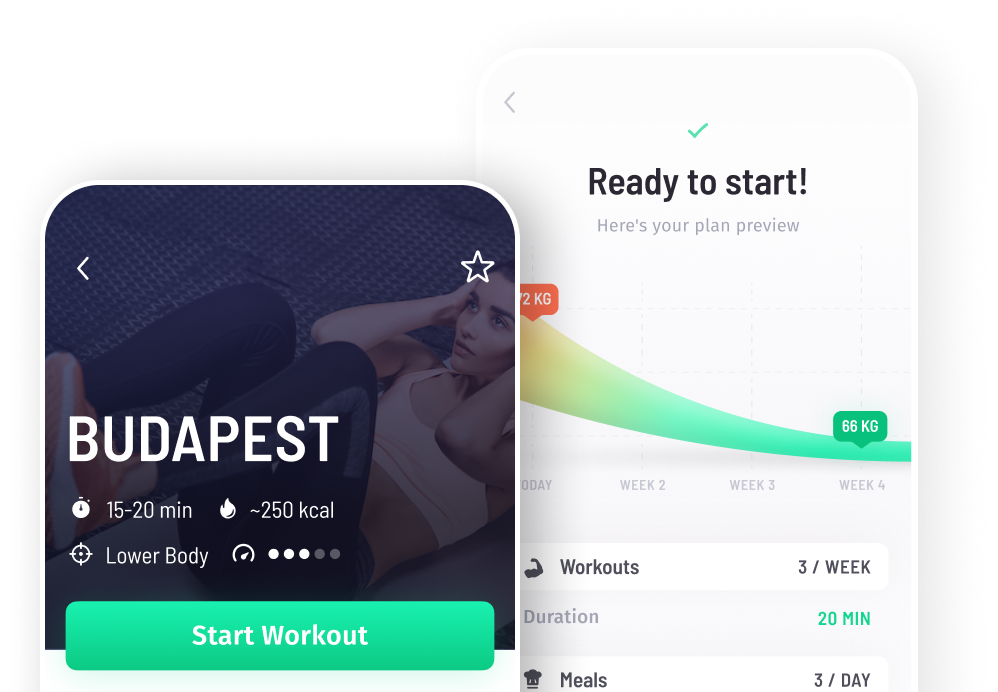When many people think of the best potassium foods, banana is often the first thing that comes to mind. But there is so much more to potassium and so many more options than that to boost your intake! Potassium is a key nutrient for everyone, especially for those who are active.
The current daily value (%DV) of potassium is 4700 milligrams (mg), up from 3500 milligrams previously recommended by the FDA. However, potassium is a nutrient of concern for many people, as this daily intake is not often met.
The health benefits of potassium include: osteoporosis protection, reduced risk of Type II diabetes, reduced risk of kidney stones, and reduced risk of stroke.
Potassium can also help with the alleviation of high blood pressure. According to the FDA, “Sodium and potassium both affect blood pressure, and eating foods higher in potassium can help lower blood pressure by reducing the adverse effects of sodium on blood pressure.”
So, now we understand that potassium is very important for everyone, especially those who do sports or consistent activity. Let’s now consider what foods are rich in potassium, in addition to banana. Here is a potassium rich foods list for your reference. ‘DV’ refers to ‘daily value’, so you can compare and choose foods to get to 100% DV of potassium per day.
High Potassium Foods List
Seafood
Fish is one of the best foods for potassium. Salmon provides the highest percent of DV, followed by snapper and mahi-mahi. For a potassium and vitamin-rich meal, include a portion of seafood along with a serving of one (or two!) of the vegetables listed below.
- Salmon: A 6oz filet (170g) of salmon provides 23% of the DV (1068mg) for potassium.
- Snapper: A 6oz filet (170g) of snapper provides 19% of the DV for potassium.
- Mahi-mahi: A 6oz filet (170g) of mahi-mahi provides 18% of the DV for potassium.
- Clams: A 3oz serving of clams provides 11% of the DV for potassium.
Fruits
Fruit is a source of nourishment that is easy to bring with you wherever you are. If you are in a pinch or are on the go, pick up a piece of the following fruits so you can boost your potassium intake.
- Dried Figs: 1 cup of dried figs provides 22% (1013mg) of the DV for potassium.
- Avocados: An avocado provides 21% (957mg) of the DV for potassium.
- Watermelon: Two wedges of watermelon (572 grams) provide just under 14% (640 mg) of the DV for potassium.
- Coconut Water: 1 cup (240mL) of coconut water provides 13% (600mg) of the DV for potassium.
- Bananas: 1 cup of sliced banana provides 11% (150g) of the DV for potassium.
- Tomato: 1 cup of cooked tomato provides 11% (523mg) of the DV for potassium.
- Dried Apricots: 6 dried apricots provide over 10% (488mg) of the DV for potassium.
Vegetables
Vegetables should be incorporated into each meal and eaten throughout the day. Potassium is just one of the crucial vitamins that vegetables provide, along with fiber, folate, and vitamins A, E and C.
Note: when you boil vegetables in water and discard the water they are cooked in the potassium content gets reduced.
- Swiss Chard: 1 cup (178 grams) of cooked chard provides over 20% (961mg) of the DV for potassium.
- Spinach: 1 cup (156 grams) of frozen spinach provides 12% (540mg) of the DV for potassium.
- Sweet Potatoes: 1 medium-sized sweet potato provides 12% (541mg) of the DV for potassium.
- Butternut Squash: 1 cup (205 grams) of butternut squash provides over 12% (582mg) of the DV for potassium.
- Beets: 1 cup (170 grams) of boiled beets provides 11% (518mg) of the DV for potassium.
Beans
If you eat primarily a plant-based diet or eat a reduced amount of animal protein, beans are vital to nourish your body. You can incorporate beans into your main dish or enjoy them as a simple side.
- White beans: 1 cup (179 grams) of white beans provides 18% (829mg) of the DV for potassium.
- Edamame: 1 cup (155 grams) of white beans provides a bit over 14% (676mg) of the DV for potassium.
- Black Beans: 1 cup (172 grams) of white beans provides 13% (611mg) of the DV for potassium.
For each meal, it is helpful to focus on a plant-based dish. This way, you can build meals that are delicious, nourish your body and meet the recommended intake of required vitamins for a healthy body. The more active you are, the more likely your appetite and intake needs will increase as well. So you want to be sure that you are nourishing your body with the proper vitamins and fuel to sustain the increased activity. If you do so, you will feel stronger, have more energy and feel better overall! So next time you think of ‘potassium’, know that you can reach for plenty of food options, not just a banana!
As with all minerals, be sure to pay attention to your daily intake of potassium. While you want to reach 100% of your DV, you do not want to surpass it as too much potassium (called hyperkalemia) can have negative impacts on your body.
Did you enjoy this article? Share it!

